Weeds
msjam2
17 years ago
Related Stories

EDIBLE GARDENSNatural Ways to Get Rid of Weeds in Your Garden
Use these techniques to help prevent the spread of weeds and to learn about your soil
Full Story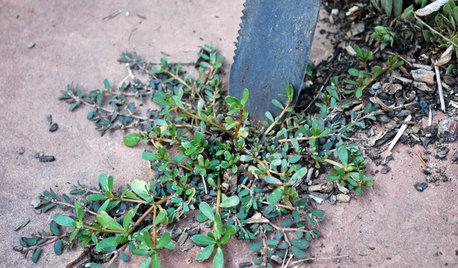
GARDENING GUIDES5 Ways to Naturally Win the Weed War
Show irksome weeds no mercy with these tricks for combating them sans chemicals
Full Story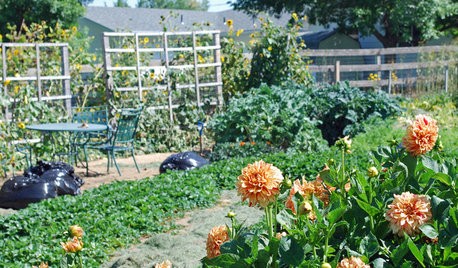
GARDENING GUIDESTackle Weeds the Natural Way
Instead of dousing your yard with chemicals to wipe out weeds, let time and nature work their magic via smothering and solarization
Full Story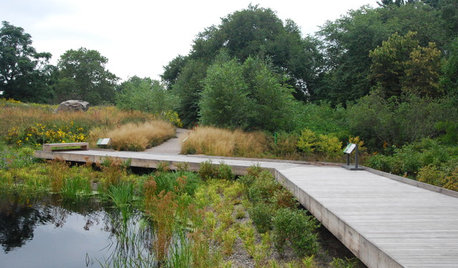
GARDENING GUIDESLet's Weed Out 4 Native Plant Myths
Plant wisely for a garden that supports pollinators and requires less work
Full Story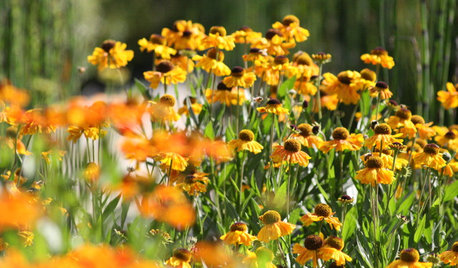
GARDENING GUIDESWhat’s in a Name? See 6 Wildflowers That Aren’t ‘Weeds’ at All
Dispel the stereotypes of weeds and try these wildlife-supporting native wildflowers in your garden
Full Story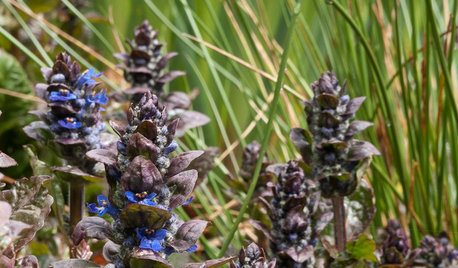
GARDENING GUIDESGreat Design Plant: Bugle Weed, a Quick Ground Cover
It’s highly adaptable, suppresses weeds, reduces erosion and provide weeks of bright flowers. Just watch for invasiveness
Full Story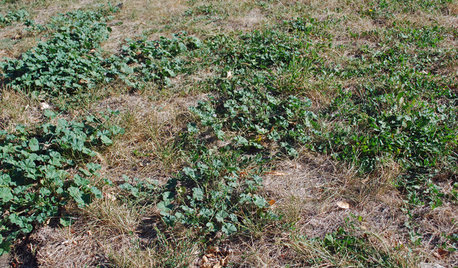
GARDENING GUIDESWeed War: When and How to Use Chemical Herbicides
Before you spray, arm yourself with knowledge about which weed killers — natural or synthetic — are right for your yard
Full Story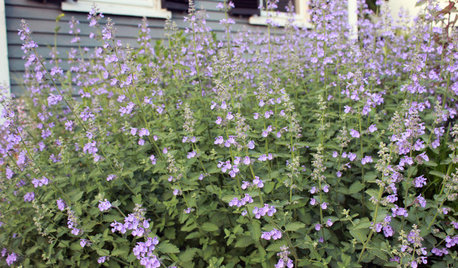
GARDENING GUIDES5 Weed-Smothering Ground Covers
Let these landscape plants do the dirty work of choking out weeds while you sit back and enjoy the view
Full Story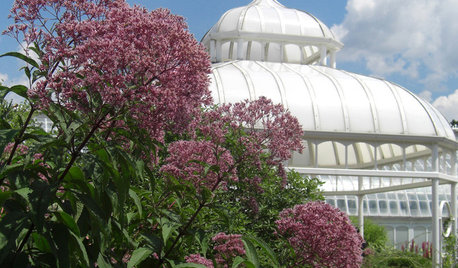
FLOWERSGreat Design Plant: Joe Pye Weed
This unsung beauty tolerates wet soil, provides beautiful late summer blooms and attracts butterflies and hummingbirds
Full Story
HOUZZ TOURSHouzz Tour: From Overgrown Weeds to Picturesque Farmhouse Expanse
This once-neglected 100-acre South Carolina site now features a lake, a wood-filled farmhouse and a far-reaching view
Full Story





bpgreen
elaineoz
Related Professionals
Comstock Park Landscape Architects & Landscape Designers · Lake Oswego Landscape Architects & Landscape Designers · Alpharetta Landscape Contractors · Damascus Landscape Contractors · Edwardsville Landscape Contractors · Hawaii Landscape Contractors · La Vista Landscape Contractors · Mendota Heights Landscape Contractors · Tigard Landscape Contractors · Antioch Landscape Contractors · Tyngsboro Landscape Contractors · Citrus Heights Swimming Pool Builders · La Verne Swimming Pool Builders · Columbia Fence Contractors · Ellicott City Fence Contractorsiowa50126
terryb
michele_1
tumblenes
terryb
dchall_san_antonio
terryb
bpgreen
dchall_san_antonio
terryb
bpgreen
vintageways
terryb
bpgreen
joepyeweed
terryb
dchall_san_antonio
woodycrest
bpgreen
joepyeweed
dchall_san_antonio
terryb
deerslayer
tumblenes
terryb
bryanccfshr
terryb
bpgreen
terryb
bpgreen
terryb
bpgreen
terryb
bpgreen
dchall_san_antonio
tumblenes